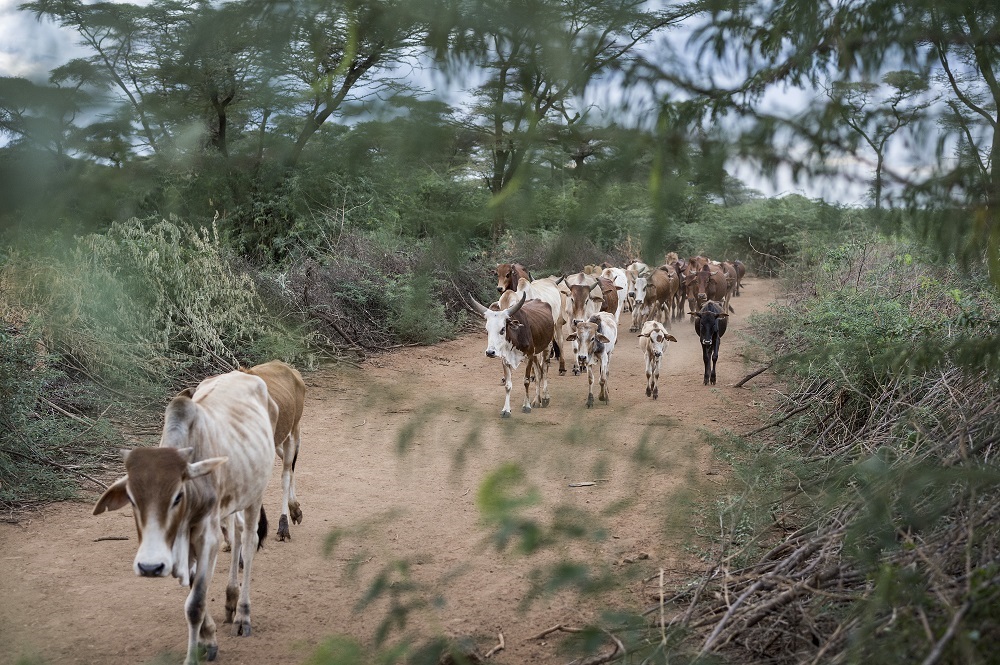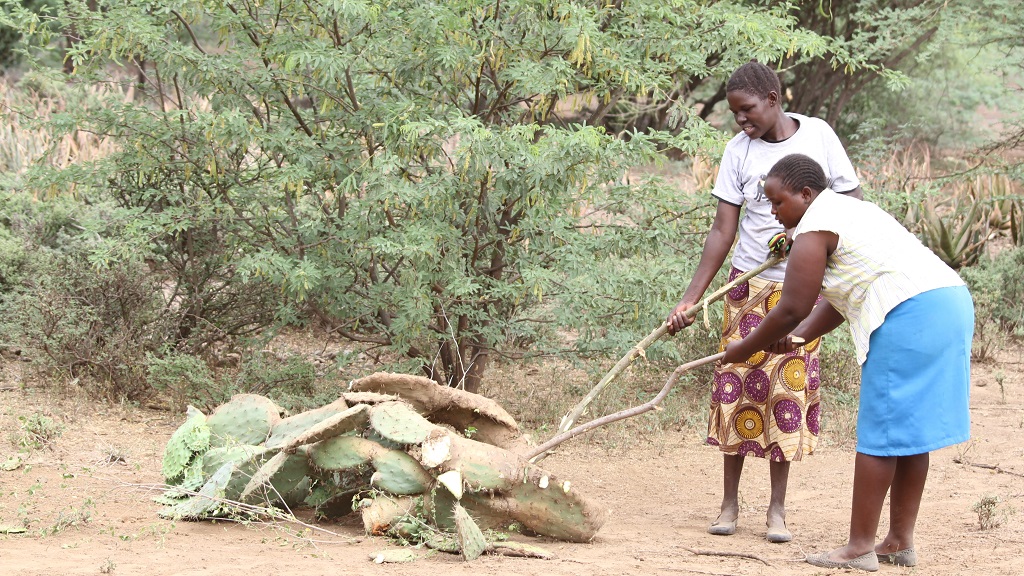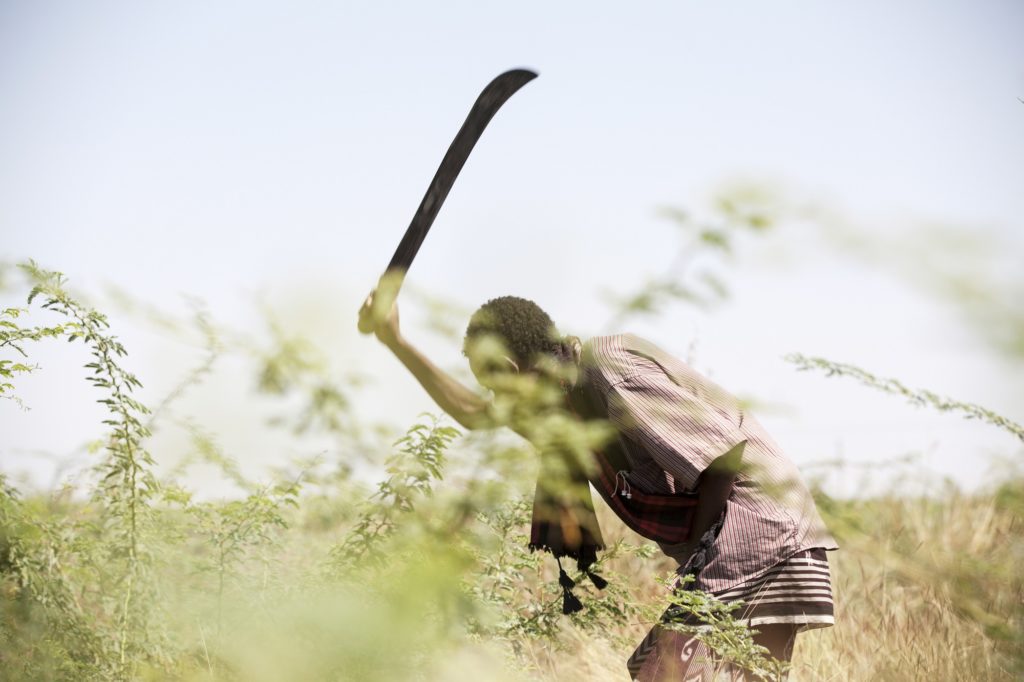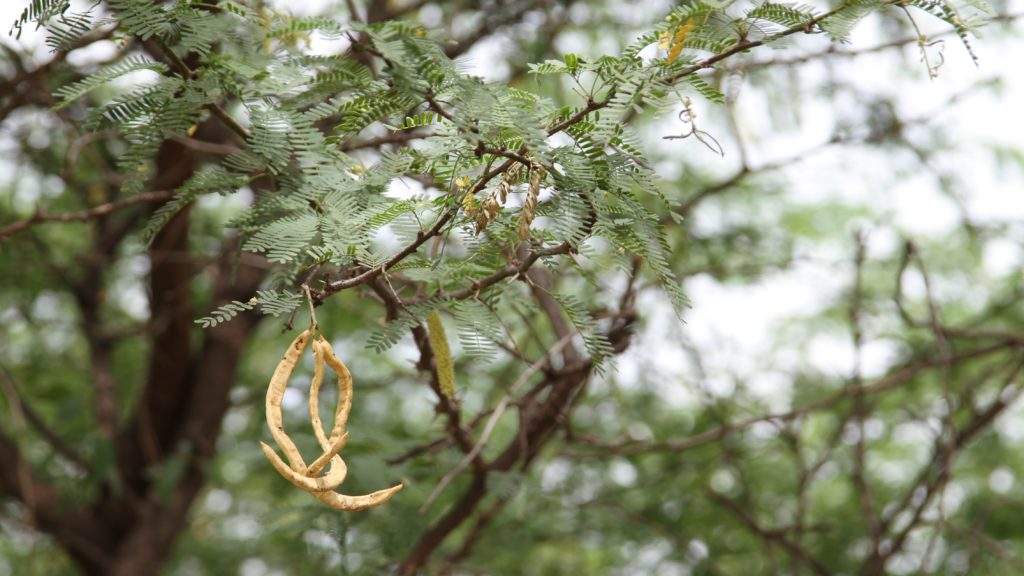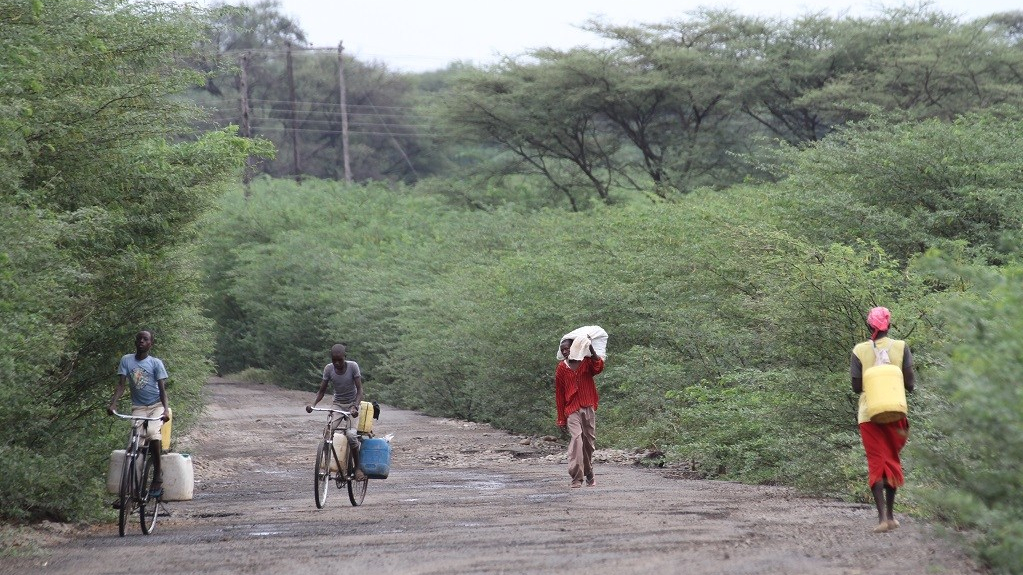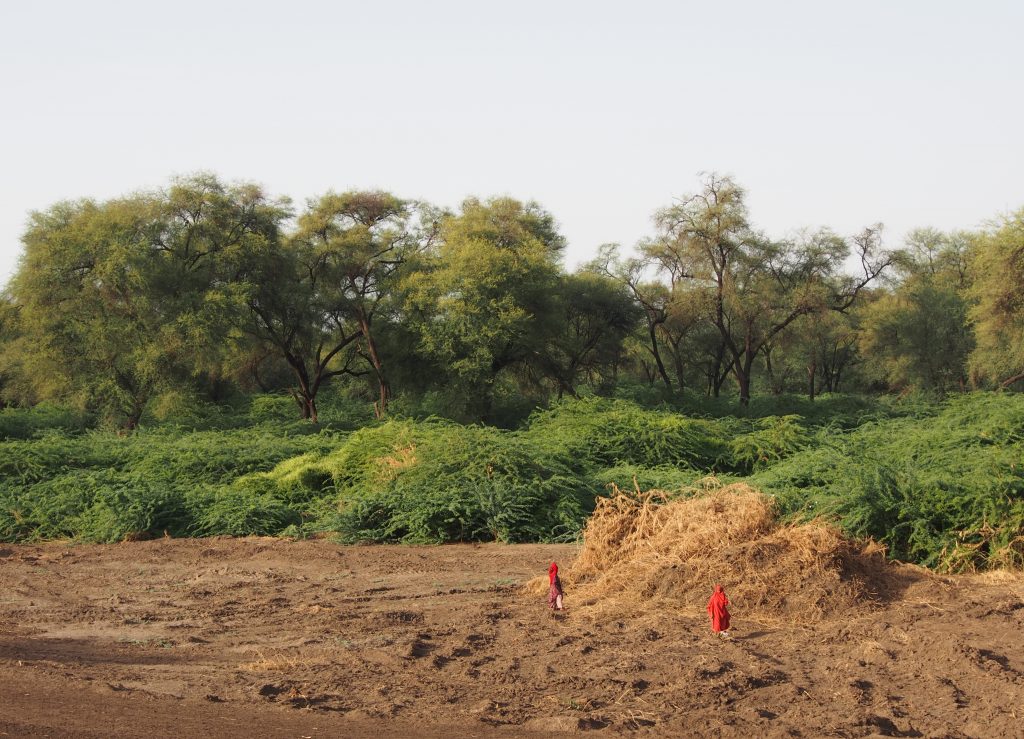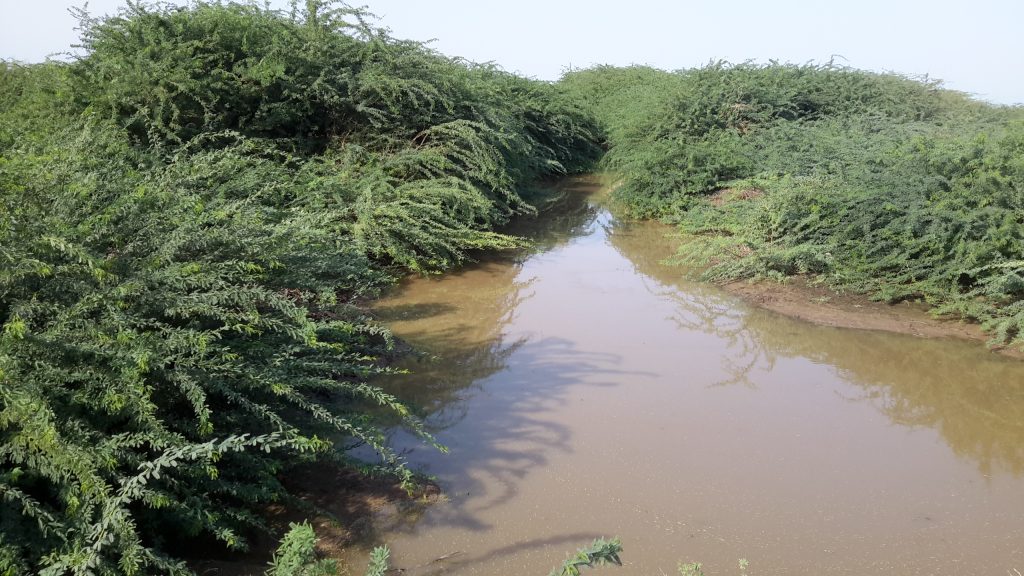Do invasive species impact men and women differently?
We know that invasive species – whose introduction and spread threaten biodiversity – disproportionately affect communities in poor rural areas who depend on agriculture and natural resources for their livelihood. But do gender roles and relationships in agriculture influence the way men and women experience the impact of invasive species?
New policy brief highlights the unintended consequences of projects that promote invasive alien woody plants
A new policy brief has been published providing recommendations to support decision making about funding for projects that aim to introduce new, or promote established alien woody plant species.
New study: current resource use in areas of increasing prosopis cover is unsustainable
By Dr Urs Schaffner, Head Ecosystems Management In a newly-published paper in the journal Ecosystems Services: ‘The impact of invasive species on social-ecological systems: Relating supply and use of selected provisioning ecosystem services’, CABI scientists joined an international team of researchers who, in respect of the invasive weed prosopis, conducted the first study that integrates…
Kenya faces devastating Prosopis invasion: What can be done
By Purity Rima Mbaabu. Originally published on The Conversation. Woody plant species have been deliberately introduced into many arid and semi-arid regions across the world as they can help combat desertification and provide resources – like fuelwood – to the rural poor. But some of these alien trees and shrubs have become invasive, having devastating effects on other species as…
Scientists recommend measures to contain rapid woody weed spread in Baringo County, Kenya
A team of international scientists, including CABI’s Dr Urs Schaffner, have recommended ways to manage the devastating spread of the woody weed Prosopis juliflora, where in Baringo County, Kenya, its coverage rapidly increased by 2,031 percent in just 28 years. PhD student Purity Rima Mbaabu, affiliated to the University of Nairobi and co-supervised by Simon…
New study reveals the massive ecological and economic impacts of woody weed invasion in Ethiopia
CABI scientists have revealed the massive ecological and economic impacts that the invasive alien tree Prosopis juliflora has had across the Afar Region of north eastern Ethiopia. Dr Urs Schaffner, who is supervising lead author Mr Hailu Shiferaw for his PhD studies, contributed to the Science of The Total Environment published research which shows that the…
CABI helps map ferocious speed and likely cause of woody weed spread across Ethiopia
CABI scientists have helped map the ferocious speed and probable cause of a devastating spread of the invasive alien tree Prosopis juliflora (Swartz DC) across an area equivalent to half of neighbouring Djibouti in the Afar Region of north eastern Ethiopia. Dr Urs Schaffner, who is supervising lead author Hailu Shiferaw for his PhD studies,…

